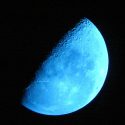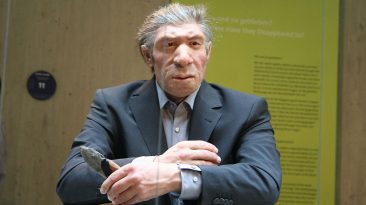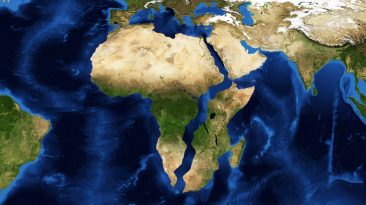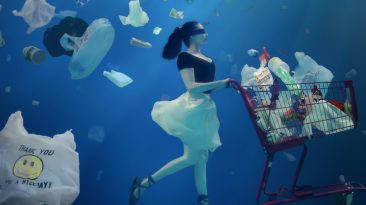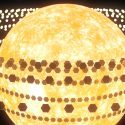Herbs. Honey. Moldy Bread. Animal Feces. In ancient times, these were the go-to remedies for disease and infection.
We’ve come a long way since then. Or have we? (return to shot of moldy bread) Since its discovery in 1928, Penicillin has saved millions of lives and is hailed as the first antibiotic to be used medically. In 2010, more than 7.3 billion standard units of penicillin were consumed worldwide. Not bad for a medicine that was discovered completely by accident.
So what if penicillin had never been discovered? What would a world without antibiotics look like?
Would we all be wearing masks? Would medical care be more luxurious and exclusive? Would the world’s population be as big as it is today?
Here’s what would happen if we never discovered antibiotics.
In September of 1928, Alexander Fleming returned from summer vacation to his London laboratory, where he noticed a strange growth in an old petri dish that would forever change the world. It appeared that in Fleming’s absence, a colony of mold had sprouted, and started dissolving the bacteria that was growing in the dish. “Penicillium notatum” was studied, developed and purified over the next 10 years, and in 1942, it was used successfully to treat Anne Miller for a deadly infection following a miscarriage.
Since then, penicillin has had a variety of uses: treating life-threatening diseases, preventing infections after surgery, and reducing the number of deaths and amputations in every major conflict since World War II.
But since this “miracle cure” was a fluke discovery, what if it had simply been overlooked?
Penicillin isn’t the world’s only antibiotic, but its discovery almost uniquely inspired the search for more. For example, in 1940, soil microbiologist Selman Waksman, published his research on how microorganisms in soil could
prevent the growth of infectious bacteria. His findings led Waksman and his colleagues to develop several important antibiotics, such as streptomycin, which can treat tuberculosis, plague, and rat-bite fever. But Waksman’s work came from his fascination of Fleming’s discovery, and the research that followed. This means that, without penicillin, other crucial antibiotics would’ve been left undiscovered for some time.
Penicillin may have saved over 200 million lives since its invention, but if you think our lives without antibiotics would be much shorter, and more painful – hold the violin for just another beat. The reality is that our lives might not be so different after all.
During the mid-1930s, a class of synthetic drugs known as sulphonamides, or sulfa drugs, were proven to fight bacteria and cure infection. They were the first “miracle-drugs” before being eclipsed by penicillin and other antibiotics over the following decade. It’s likely then, that without penicillin, we would have simply come to rely on sulfa drugs instead. The scientific and medical communities would have certainly developed stronger and more sophisticated sulphonamides to deal with more complex diseases as they evolved. And yet, we would also still face the same problems that currently threaten antibiotics today.
Even as Fleming celebrated his success, he was cautious. In accepting his Nobel Prize in 1945, Fleming warned that misuse of penicillin could breed a bacterial resistance to it. bIn other words, as we’re realizing more and more today, penicillin as a “miracle cure” could soon be rendered ineffective.
The question now isn’t “what if we didn’t discover antibiotics,”” but, “What If they stop working?”
What do you think? Can we survive in a world without antibiotics? We can’t predict the future, and that’s what makes it scary.But then again, we never know when we might accidentally discover a cure for millions across the world.
[expand title=”Sources”] [/expand]










